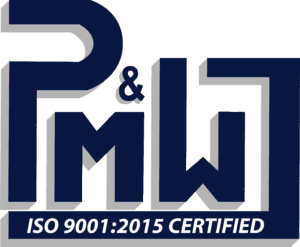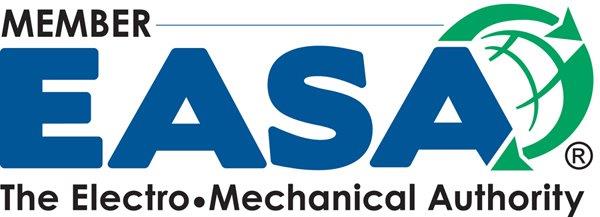When it comes to ensuring the reliability and efficiency of electric motors, megger testing is an essential diagnostic tool. Megger testing, also known as insulation resistance testing, helps identify potential insulation issues that could lead to motor failures if left unchecked. In this guide, we will walk you through the step-by-step process of conducting a megger test following the guidelines outlined in the Electrical Apparatus Service Association (EASA) AR100 standard.
Step 1: Preparing for the Test
- Turn off the power: Before beginning the test, make sure the motor is disconnected from the power source to prevent any accidents.
- Verify safety: Ensure that all safety precautions are in place, including wearing the necessary personal protective equipment.
Step 2: Setting Up the Megger Test Equipment
- Choose the right test voltage: Select the appropriate test voltage based on the motor’s insulation system rating.
- Connect the leads: Connect the megger leads to the motor’s insulation system, ensuring a secure connection.
Step 3: Conducting the Test
- Perform a baseline test: Measure the insulation resistance of the motor at the specified test voltage and record the results.
- Apply polarization index (PI) test: Conduct a PI test by taking additional measurements at regular intervals to assess the insulation’s condition over time.
Step 4: Analyzing the Results
- Interpret the readings: Compare the recorded insulation resistance values with the manufacturer’s specifications or industry standards to determine the motor’s insulation condition.
- Look for trends: Analyze any changes in insulation resistance values over time to identify potential degradation or issues.
Step 5: Taking Action
- Address any issues: If the megger test reveals low insulation resistance values or signs of deterioration, take the necessary steps to repair or replace the affected components.
- Document the results: Keep detailed records of the test results, including any corrective actions taken, for future reference.
By following these steps and conducting regular megger tests as per the EASA AR100 standard, you can proactively identify and address potential insulation issues in electric motors, ultimately extending their lifespan and minimizing downtime.
For professional motor repair and maintenance services, contact The Pump & Motor Works, Inc.



